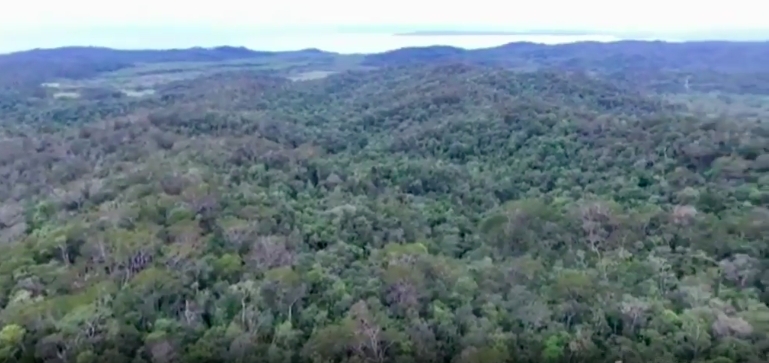Fears of a Chinese military base at the Kiribati Government land near Savusavu on one of Fiji’s northern provinces have been laid to rest by the office of President Tenati Maamau.
“The [Kiribati] Government completely rules out the building of a military – land or sea base – on this land,” the President’s office said in response to email questions sent by Islands Business magazine.
“The focus of development in Natoavatu is for the agriculture sector only.”
The 5,460 acres of mainly hilly and jungle clad land on the west coastline of Savusavu harbor, on Fiji’s northern island of Vanua Levu was bought by the previous Kiribati government in 2014 for a report AUD$9.3 million from the Anglican Church.
Then President Anote Tong had wanted to explore “options of commercial, industrial and agricultural undertakings” on the land, which comes with a deep- water sea front.
Fish canning was a venture the Tong Government was seriously pursuing at that time, working with its own tuna fishing company in Tarawa as well as with the Fiji Government owned cannery, PAFCO.
The deal fell through when Tong completed his maximum allowed term as President in 2016, and was succeeded by the government of President Maamau.
When President Maamau confirmed last week in Tarawa that his government was working with China on the development of its land in Fiji, it raised speculation that Beijing would develop the land and could possibly use it as a military base.
This is not so, was the response of the office of the President of Kiribati when Islands Business emailed questions to Tarawa early this week.
“The assistance from the Chinese is being sought on the finalisation of the plan, in particular to provide advice on the agricultural activities being proposed for the land.
“They will not be directly involved in the development or any activity.
“The Chinese role as mentioned in the interview is to provide technical assistance and advice that will assist in finalising the Natoavatu plan.
“The focus of the Natoavatu plan is to develop the land through agricultural investments.”
The President’s office did not specify the type of agricultural investments its planning in Natoavatu, except to say that it would produce agricultural produce for Kiribati.
It adds that agricultural work will start as soon as the plan is ready.
On the future of the 300 or so local families that currently reside on part of Natoavatu, the office of President Maamau said:
“The President refers to consultations with those residing on the land to assist to look after it.”
Asked whether the involvement of China in preparing the agricultural plan for Natoavatu was “payback” for all that China had invested in Kiribati since Maamau switched the country’s allegiance to China from Taiwan in September 2019, the office said:
“The purpose is to utilise the vast experience of China in the agriculture sector to guide the finalisation of our plan so that it is sound and implementable.
“The Kiribati relation with China is based on mutual respect and trust. All grants that have been provided are all done in a transparent manner.”
